Facebook counts on the metaverse to turn it from a social media platform to the internet’s tomorrow.
Mark Zuckerberg, CEO of Facebook, announced a major new project to his workers in June 2021. Facebook, he added, would aim to create a utopian, interrelated variety of experiences right from the science fiction, coined the metaverse. Recently, Facebook stated that it will hire 10,000 workers in Europe to create a “metaverse.” Some see this as the internet’s future.
But what exactly is metaverse?
Meta is a Greek prefix that signifies “behind, after, or beyond” As a result, metaverse, a combination of “meta” and “universe,” would denote a realm outside the known universe, one that exists in the virtual world but appears to be just like the real world.
You could use headgear rather than a PC to join a virtual world that connects all kinds of digital surroundings in the metaverse. Just as in the movie The Matrix.
While existing VR is often utilised for gaming, this virtual environment will be used for anything – job, concerts, movie trips, or simply having fun.
The majority of individuals fantasise about having a 3D avatar. Or attending a tiring family gathering by sitting in the drawing-room – rather than physically being present, but being present. Similarly, operating a car without sitting in it. Similarly, a drugged-up zoom call. There isn’t just one explanation for defining the metaverse. Hence it is still simply an idea.
Why the hype?
The COVID-19 outbreak may be to account for the growing emphasis in the metaverse. As more people work from home and attend online classes, there seems to be a surge in support for making internet contact more realistic.
The metaverse’s concept is to introduce new online environments where people can interact in more multi-dimensional ways and engage in digital data instead of watching it.
The technology is almost here, with breakthroughs in virtual reality games and networking inching closer to what this world may require. It could change so many things.
Why is Facebook involved?
IN JULY, Facebook CEO Mark Zuckerberg announced that the firm will attempt to transform from a social media company to a metaverse company within the next five years.
Simultaneously when the US government aims to bust up Facebook, he has revealed his ambition to construct a more absolutist iteration of Facebook that spans presence online, desk jobs, and entertainment.
Some experts have substantially invested in virtual reality through its Oculus headsets, resulting in less expensive than competitors.
Facebook has been working with Workplace, a virtual reality meeting tool, and Horizons, a social area. They both employ virtual avatar technologies.
Zuckerburg believes that the metaverse is about more than just being more connected to the internet. It’s all about becoming more naturally involved.
Is it just Facebook or more companies in metaverse development?Â
Ideas have turned into realities to show that metaverse is not a speculation. Fortnite developed its product further by holding concerts, brand events, and other events within its own virtual environment. Ariana Grande, BTS, Travis Scott, and whatnot have performed and blown away people’s minds. Mr Sweeney (the Head of Epic Games, the company behind Fortnite) had various metaverse goals, which have finally come to the fore.
Roblox, for instance, is a platform that connects thousands of different games.
Similarly, Unity, a 3D programming platform, is spending on “digital twins,” or virtual replicas of actual life, and Nvidia is developing its “Omniverse,” a platform for integrating 3D virtual worlds.
The world’s most prestigious fashion houses, such as Balenciaga, Louis Vuitton, Calvin Klein, and others, create virtual apparel for avatars to wear in metaverse surroundings or stage virtual fashion shows.
Another VR software, VRChat, is solely dedicated to conversing, chilling out online, and exploring new places and socialising.
Should we be concerned about privacy?
The company hasn’t revealed much information about data privacy and metaverse usage. People are worried about how Facebook will handle the metaverse because of previous problems surrounding Facebook’s treatment of personal data.
“You’ll be able to hang out with friends, work, play, learn, shop, create and more. It’s not necessarily about spending more time online — it’s about making the time you do spend online more meaningful,” the company wrote in a September blog post, referring to hours invested on its services.
Facebook’s decision to focus its metaverse work in Europe may be a strategic move to keep up with authorities amid developing new technology. How? Because the General Data Protection Regulation (GDPR) contains several of the most substantial data protection and processing standards in the world (GDPR).
Finally, are we in the metaverse?Â
The surge in demand in nonfungible tokens (NFTs) gives a reliable means to trace the ownership of digital products could indicate how a digital monetary system would operate. VR has advanced significantly over the years. Now, upmarket headsets can convince the human eye into seeing the 3D virtual cortex as the user transports into the virtual world. It’s widespread now.
Of course, digital realms require more robust, more reliable, and more smartphone connectivity. 5G may be able to provide!
But for the time being, the idea of a metaverse is in its infancy. However, let us enjoy the ride.

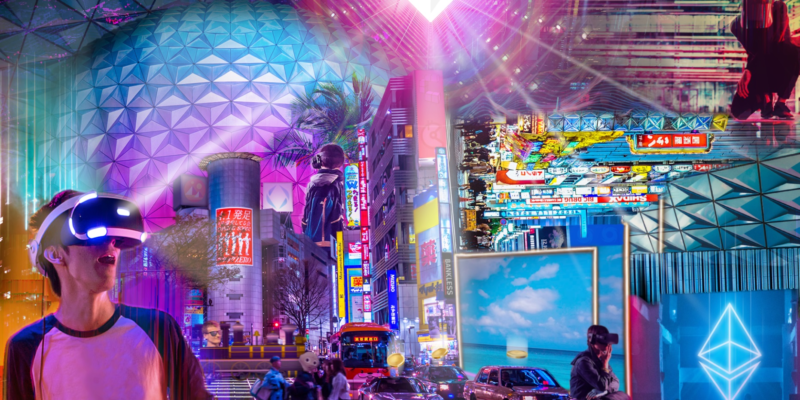

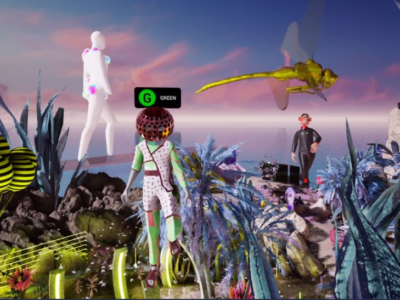


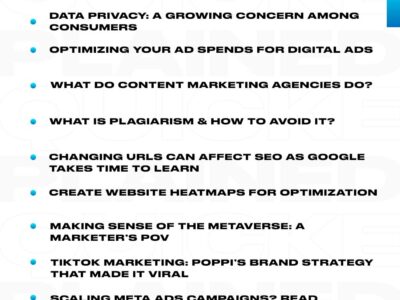
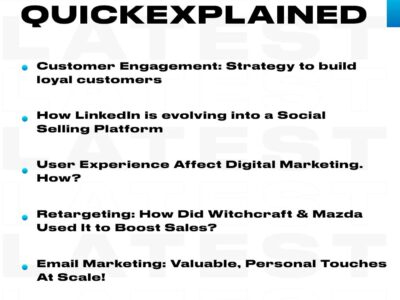
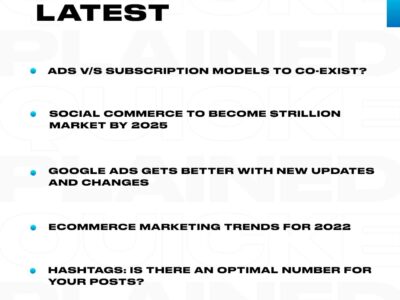
Comments